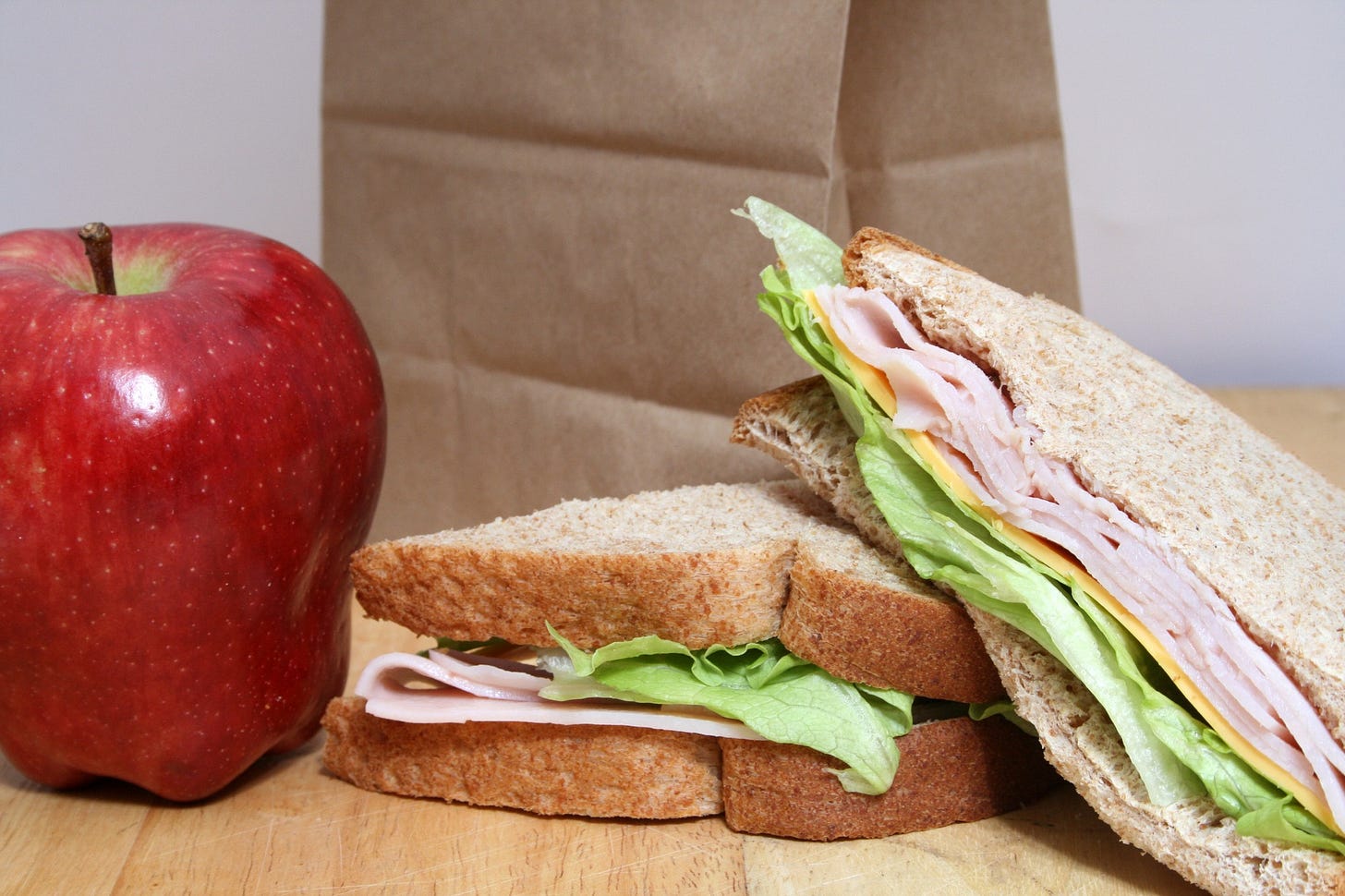Very fond memories were made with friends in public school cafeterias. There was laughter, card games, study sessions, and food for the taking. One may have had to pay for special items like ice cream bars — if distant memory serves me right — but otherwise no one demanded payment for the foodstuffs. As students in elementary through high school, you do not realize that someone somewhere is actually paying for those meals.
Some years ago it was decided that public schools should serve meals to students even when school is not in session, as during the summer. The reasoning is that those meals may be the only source of sustenance for underprivileged students, up to the age of eighteen. Presently students from families within certain income brackets can pick up or have meals delivered to them at low to no cost. These are called the School Breakfast and School Lunch Programs, partially funded by federal subsidies, and in concept they are a praiseworthy use of public resources. My only objection is to how they are being advertised.
Schools are e-mailing parents to inform them of the programs, saying “Free lunch! Free lunch!” As usual, we Libertarians know better. Back in 1975, Nobel Prize-winning economist Dr. Milton Friedman authored There Is No Such Thing as a Free Lunch, demystifying advertisements to the contrary by clarifying that resources always have to be allocated towards a given output. Machinery, ingredients, labor, know-how, even time itself, no product is ever truly free of cost. If a product ever reaches you at no cost, it is only because someone else has incurred it.
Thus, yesterday my son’s school e-mailed one of these advertisements, and I could not resist. I responded to remind the administrator that the lunches are not free, but 𝗰𝗼𝘀𝘁𝗹𝗲𝘀𝘀. Normally demands on my time are too high to be e-mailing people just to niggle over terms, but this is a case in which precision matters. Calling the meals “free” gives the impression that the meals simply materialize out of the ether. Describing the meals as costless invokes the idea that there was — at some point — a cost involved in the meals’ preparation and delivery.
It may surprise you that I, as a Libertarian, support these programs in concept. Don’t get me wrong here; there is a LOT of fat to trim from the budgets for public education, but no cuts need to start at the meals prepared for this program, which is one of the least expensive services any school can render. My fervent hope is that children around New York can get all the nourishment needed for success in academia and life itself, and that their breakfasts and lunchtimes — even if at home with their families — can be as joyous as ours were many years ago. But I also hope that the students someday realize that these meals did not just appear in the school’s pantry. That milk box came from the neighbors five houses away, that sandwich from a household in a distant city, and the apple purchased from a stranger’s first paycheck.
Originally published July 1st, 2023, on Facebook.





I generally support programs where we can directly see the output. My main issue here is that there is a ton of waste in terms of how much food is thrown out.
I don’t think that the food gets given out to people if the students don’t eat it. Hopefully that is wrong.